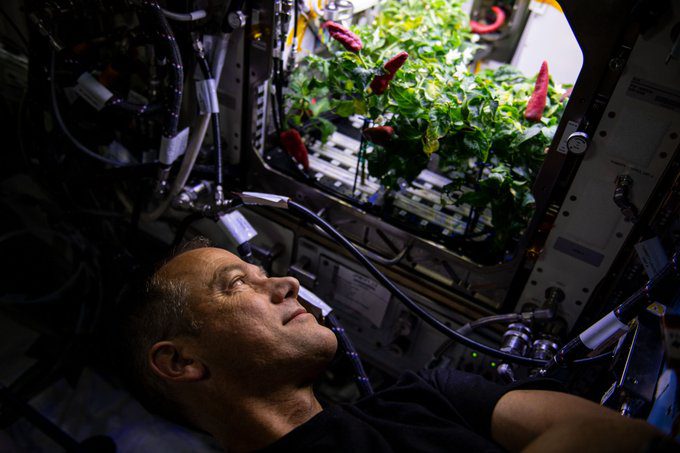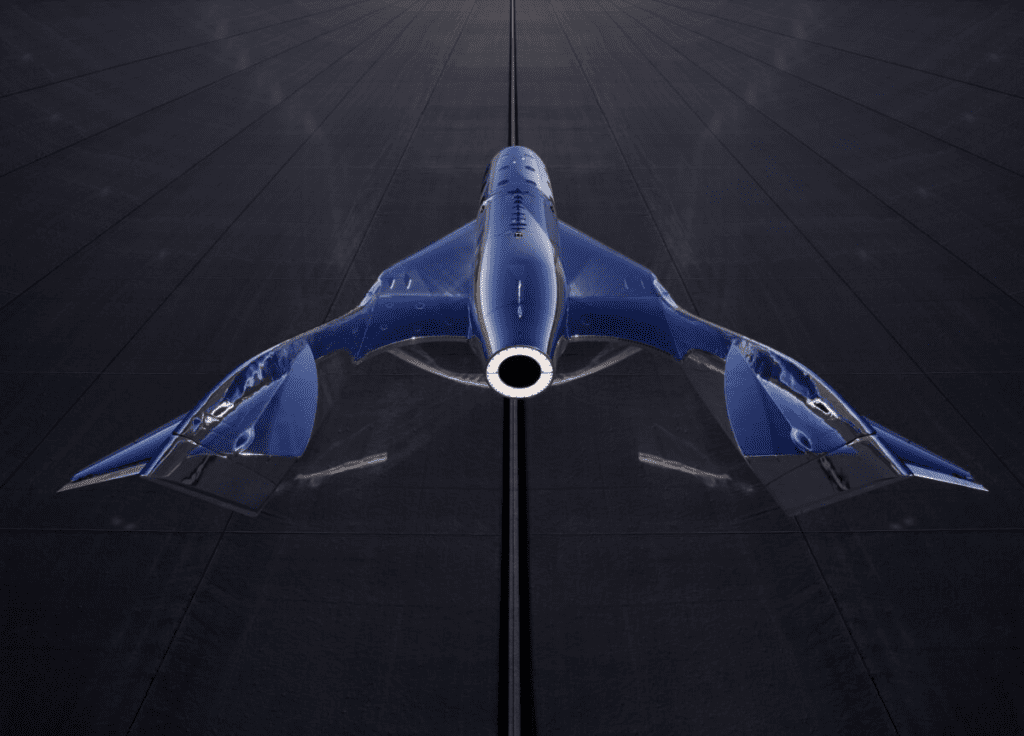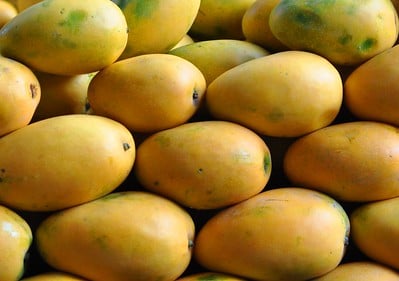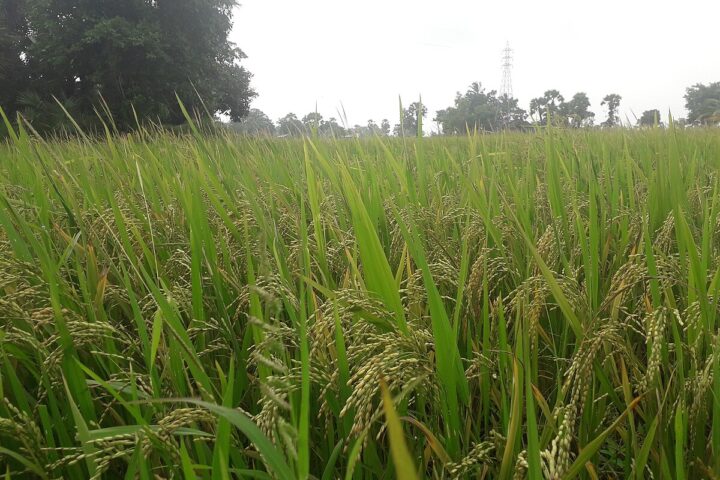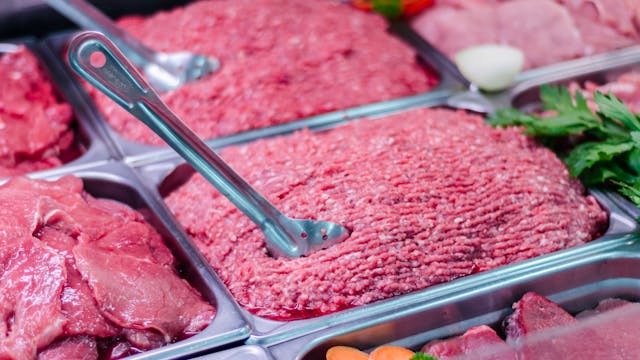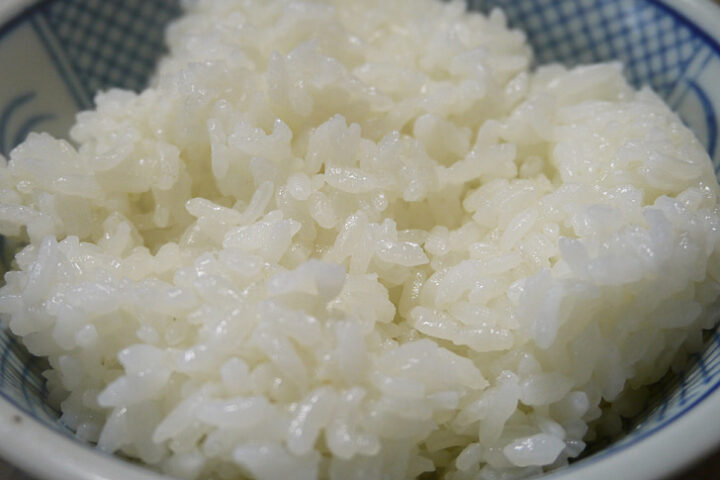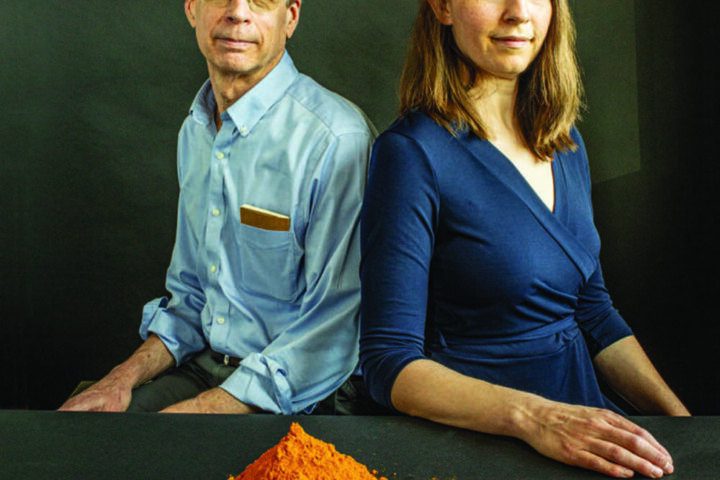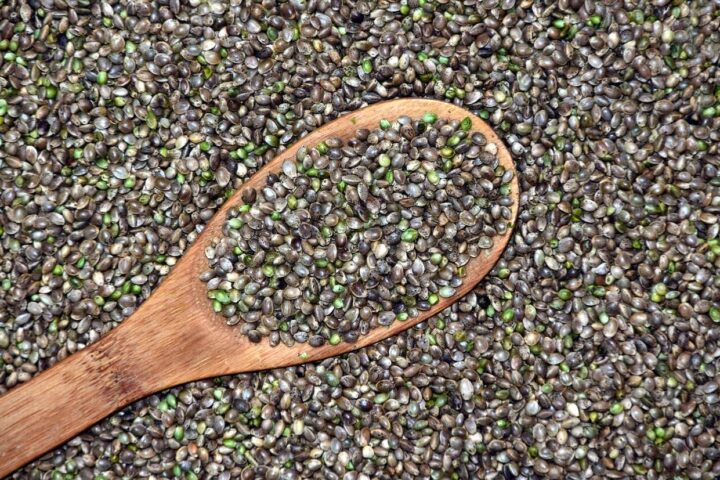The Deep Space Food Challenge is a collaboration between NASA and the Canadian Space Agency to design nutritional sustainability for long-duration space missions, such as those to Mars. The challenge seeks culinary innovations that address several key problems, including minimal ingredients and waste, nutritional value, taste, and simplicity of preparation. The Deep Space Food Challenge’s primary goal and the innovations developed by the contestants are to make long-duration space exploration, including missions to Mars, more feasible by addressing the challenge of limited food resources during these journeys. These advancements, additionally, have the potential to provide sustainable food solutions on Earth, combating hunger and reducing environmental impact.
Air Company, a Brooklyn-based firm co-founded by Stafford Sheehan, is among the finalists. The unique approach of Air Company involves using a combination of water, air, and yeast starter to create a protein-rich food source called space yeast. The process begins by capturing carbon dioxide from the breath of astronauts, then using electricity to separate water into hydrogen gas and oxygen. These components are used by the Air Company to make alcohol through a process similar to photosynthesis. The alcohol is then fed to yeast, which multiplies to form nutritional yeast resembling a protein shake. This yeast can be used to make pasta or tortillas when flattened with a rolling pin. Since 2017, the underlying science behind Sheehan’s invention has developed a process to convert carbon dioxide into alcohol, which can be used for various purposes.
Similar Post
Among the other finalists is Interstellar Lab, which has developed a bio-regenerative system for growing fresh vegetables, mushrooms, and insects. Another finalist, SATED, has designed a cooking appliance that uses ingredients with extended shelf lives. The importance of developing space food extends beyond space exploration. The transport of enough food for a round trip to Mars poses a challenge of weight constraint, as it takes up to 7 months. Deep Space Food Challenge will address this critical issue and make a mission to Mars more viable. Innovations in space food, in addition to the benefits for space exploration, have the potential to address Earth’s challenges, including climate change. For example, Air Company envisions a future where their carbon dioxide-based products, including space yeast and sustainable aviation fuel, can combat climate change and reduce dependence on traditional energy sources. Air Company’s work, in collaboration with NASA and participating in the Deep Space Food Challenge, holds promise not only for transforming how astronauts sustain themselves in space but also for addressing hunger, environmental impact, and energy independence on Earth.
